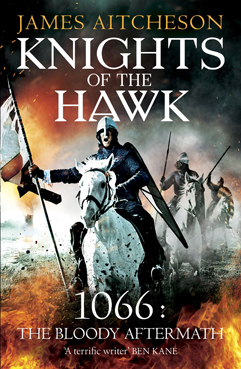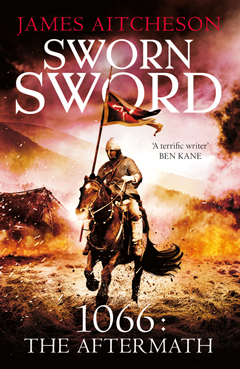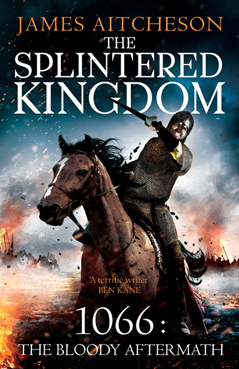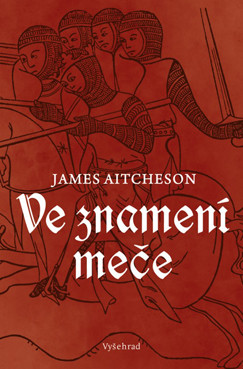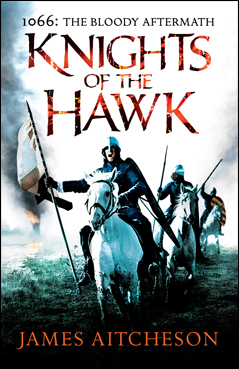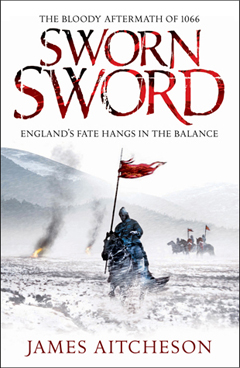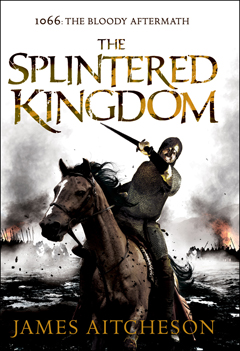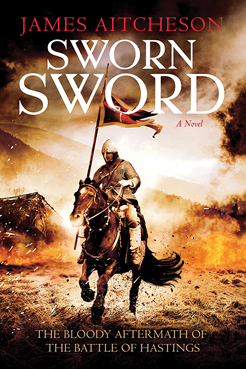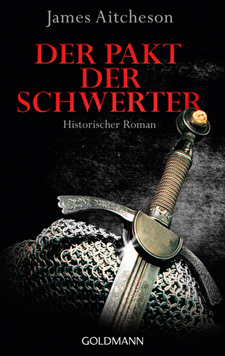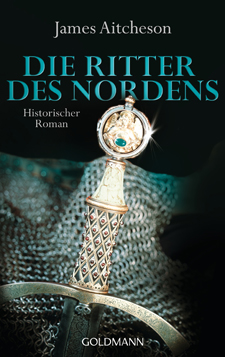A day in the life of a historical novelist
I probably speak for a lot of writers in saying that, as a general rule, we tend not to keep to strict daily routines. Novel-writing is, I think, about as far from a nine-to-five job as it’s possible to get, and the pattern of my working day is very fluid. That isn’t to say that I only write when inspiration strikes me. A novel is a big project to take on, and if you’re forever waiting until you feel in the right mood before putting pen to paper, it’ll take a very long time to get even a first draft finished.
I do my best to stay disciplined by setting myself a daily target of 1000 words. Sometimes that will take me only a few hours, which means that I have some time to add new material to my website or update my followers on Twitter and Facebook with my latest news. If I’m some way short of that day’s target, though, or even if I’ve reached it but I’m still feeling in the zone, or if I’m feeling the pressure of a rapidly approaching deadline, I’ll often carry on working into the evening.
That said, I do have an absolute cut-off time of 10pm. At that point, if I’m still working, I down tools and shut up shop for the night, regardless of how much or how little I’ve written. Always. Without exception. One of the benefits of being self-employed is that you can define your own working hours, but one of the difficulties comes in setting limits and preventing work from taking over your life. So imposing that cut-off, and sticking to it come what may, is very important for me.
When I first started writing the novel that developed into Sworn Sword, I would spend hours at a time glued to my computer screen, and I’d sometimes get frustrated when I wasn’t as productive as I hoped. With experience, though, I’ve learned that I’m more efficient – and happier – when I write in short bursts of around one to two hours at a time.
In between those bursts I make sure to take decent breaks, in which I’ll grab a coffee, have lunch, go for a walk in the countryside, read a book or watch some TV: anything to help take my mind off writing. That way, when I do get back to my desk, I feel refreshed, and as a result the words flow that much more easily.








